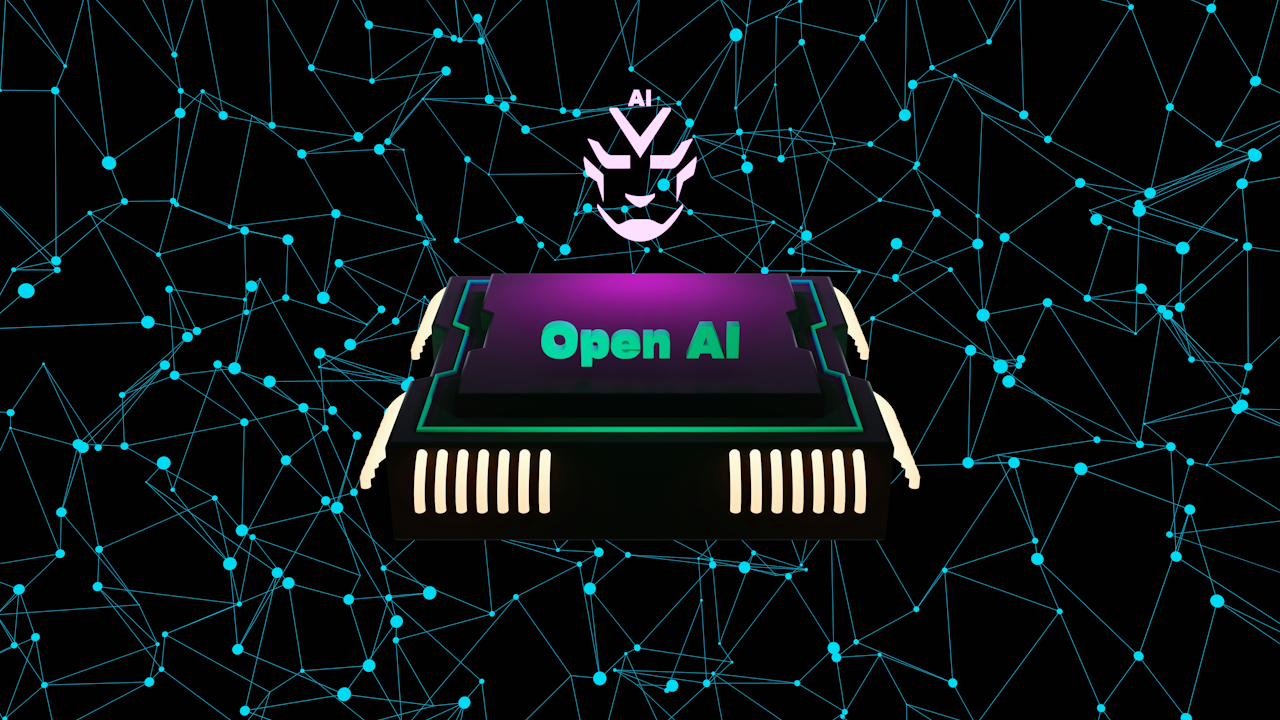Artificial intelligence (AI) is rapidly transforming various sectors, and education is no exception. With its potential to personalize learning, automate tasks, and provide valuable insights, AI is poised to revolutionize the way we teach and learn. This essay will explore the future of education in the context of AI, examining its potential benefits, challenges, and implications for students, educators, and institutions.
Personalized Learning Experiences
One of the most significant impacts of AI in education is the ability to create personalized learning experiences for each student. AI-powered platforms can analyze student data, including their learning style, pace, and strengths and weaknesses, to tailor educational content and provide customized feedback. This approach can help students learn at their own pace and focus on areas where they need the most support. Additionally, AI can identify and address learning gaps, ensuring that students receive the necessary interventions to succeed.
Enhanced Teaching and Assessment
AI can also assist educators in various aspects of their work. AI-powered tools can automate administrative tasks, such as grading assignments and providing feedback, freeing up teachers’ time to focus on more personalized interactions with students. AI can also provide teachers with valuable insights into student performance, helping them identify areas where students are struggling and adjust their teaching strategies accordingly. Furthermore, AI can facilitate the creation of more engaging and interactive learning materials, such as simulations and virtual reality experiences.
Increased Accessibility and Inclusivity
AI has the potential to make education more accessible and inclusive for all students. AI-powered translation tools can break down language barriers, allowing students from diverse backgrounds to access educational content in their native languages. AI can also provide personalized support for students with disabilities, such as text-to-speech and speech-to-text technologies, making learning more accessible and equitable.
Challenges and Ethical Considerations
While the potential benefits of AI in education are significant, there are also challenges and ethical considerations that need to be addressed. One concern is the potential for bias in AI algorithms, which can perpetuate existing inequalities in education. It is crucial to ensure that AI systems are developed and used in a way that is fair and equitable for all students. Another challenge is the need for educators to adapt to the changing landscape of education and develop new skills to effectively use AI tools. Professional development and training programs are essential to prepare educators for the future of education.
The Evolving Role of Educators
As AI takes on more routine tasks, the role of educators will evolve. Teachers will become more like facilitators and mentors, guiding students through personalized learning experiences and fostering critical thinking, creativity, and collaboration skills. Educators will need to focus on developing uniquely human skills that cannot be easily replicated by AI, such as empathy, communication, and leadership.
The Importance of Human Interaction
While AI can enhance education in many ways, it is essential to remember that human interaction remains crucial. The social and emotional aspects of learning, such as building relationships, collaborating with peers, and developing social skills, cannot be fully replicated by AI. Therefore, the future of education should involve a balanced approach, combining the benefits of AI with the essential elements of human interaction.
Preparing Students for the Future
In the age of AI, it is crucial to prepare students for the future workforce. Education should focus on developing skills that are in demand in the AI-driven economy, such as critical thinking, problem-solving, creativity, and digital literacy. Students should also be taught about the ethical implications of AI and how to use AI responsibly.
The future of education in the context of AI is full of possibilities. AI has the potential to personalize learning, enhance teaching, increase accessibility, and prepare students for the future. However, it is essential to address the challenges and ethical considerations associated with AI and ensure that AI is used in a way that benefits all students. By embracing AI while preserving the essential elements of human interaction, we can create a future of education that is more effective, engaging, and equitable for all.

